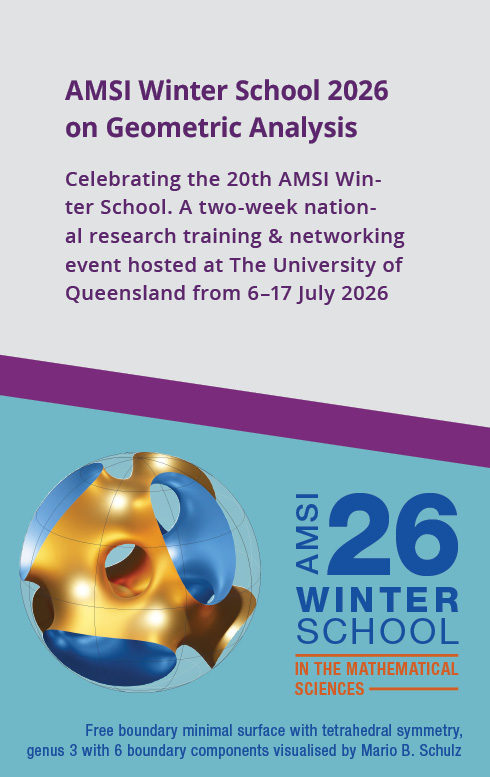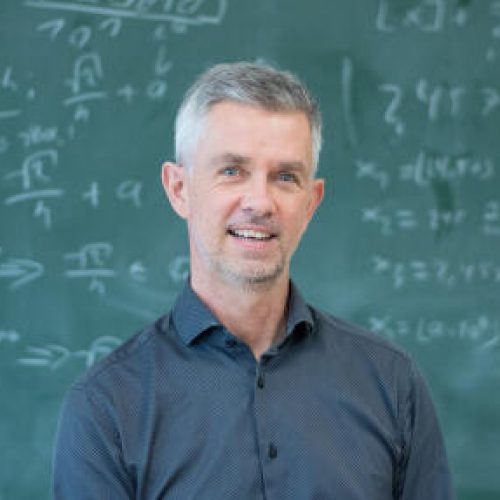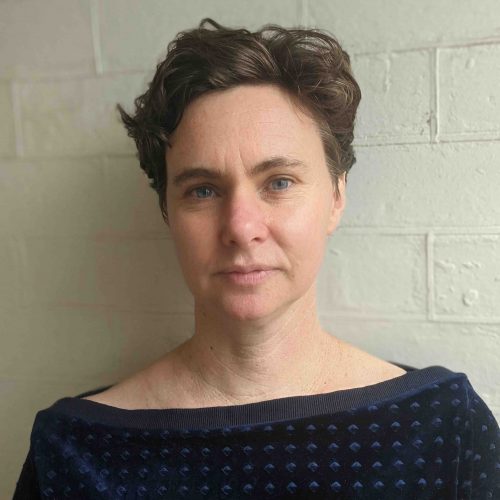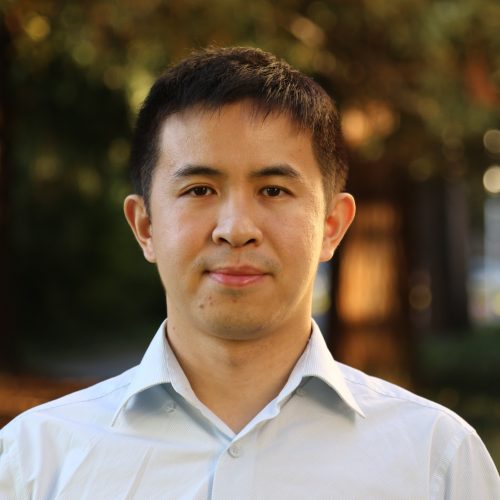Develop your mathematical science skills and national networks
AMSI Winter School is an annual two-week event designed for postgraduate students, early-career researchers and industry professionals in the mathematical sciences and related disciplines.
Explore cutting-edge research and emerging trends alongside national and international experts focusing on the 2026 theme, Geometric Analysis. Hosted by The University of Queensland, from 6-17 July the program includes social events, specialist guest lectures, participants talks and a careers session to promote networking and collaboration.
Applicants are strongly encouraged to attend in person to benefit from the networking and collaboration aspects, however, can opt to join online. Please note not all elements of the program will be available remotely, and some online functions are limited.
Key Dates
Geometric Analysis
Geometric Analysis is a vibrant and rapidly evolving area of mathematics that lies at the intersection of differential geometry, global analysis, differential equations and mathematical physics. Recent advances—such as in Ricci flow, geometric measure theory, and nonlinear PDEs—underscore the need for high-level training in this area. This program aims to provide early-career researchers, particularly Masters and PhD students, with a scaffolded introduction to foundational tools in this technically challenging field, its recent developments, and key open problems.
Facilitating cross-disciplinary engagement with applications in physics, biology, data science, and engineering, key topics include Ricci flow, Einstein manifolds, eigenvalue problems, and monotonicity formulas for elliptic and parabolic operators.
It is expected that all participants will have a solid background in basic differential geometry and differential equations.
Lecturers
Participant Talks
Share your work, build networks, and compete for up to $400 in prizes!
All participants will give a short 10-minute talk on their research or thesis topic as part of the Winter School program. Advanced students typically present their own results, while earlier-stage students can introduce their research area or proposed project.
You’ll be asked to provide a talk title and short abstract (max 100 words) when completing your application.
Talks will be delivered early in the program, with attendees voting for their favourite presentations. Winners will be announced on the final day.
Presentation details and timing will be confirmed closer to the event.
Travel Grants
Travel grants are available to assist:
- Students enrolled at AMSI Member Universities, and
- Students and early-career researchers (PhD completion in 2023 or later) from South East Asia and the Pacific Islands
These grants help offset travel and accommodation costs for in-person participants.
Female, First Nations and regional, rural and remote students are encouraged to apply.
Code of conduct
AMSI and The University of Queensland are committed to ensuring Winter School 2026 is a welcoming, safe and productive meeting environment that fosters open dialogue and the exchange of ideas, promotes equal opportunities and treatment for all participants, and is free of harassment and discrimination.
We ask all participants to review The University of Queensland’s Code of Conduct. Adherence to this Code is a requirement for all Winter School participants.
Individuals experiencing or observing inappropriate behaviour or breaches of this Code are encouraged to report this to AMSI.










